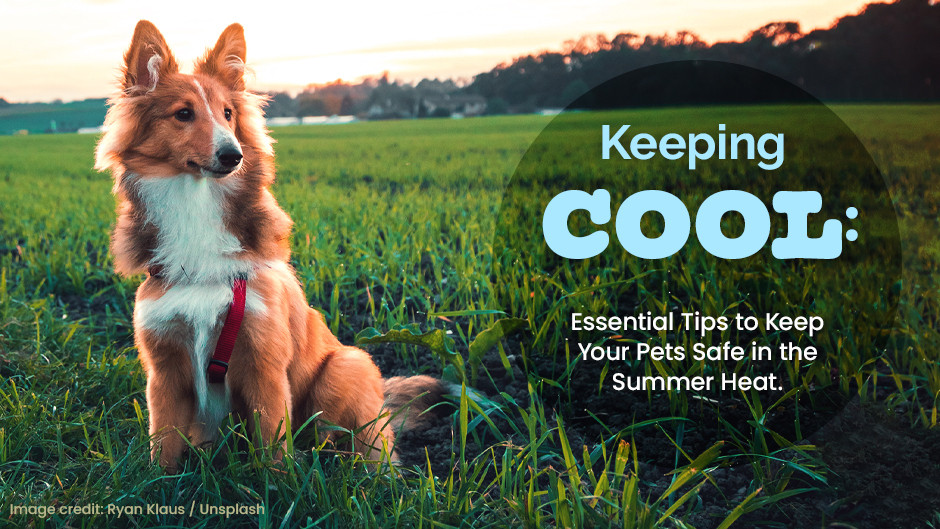Pet Health Articles
It Pays to Have a Well-Trained Dog
2018-01-03

Sometimes dogs need a little help knowing how to behave. After all, they haven't always lived a domestic life with humans. In honor of National Train Your Dog Month, the human members of our staff have put together some tips to help make your life with a dog a happy one.
Happy new year!
Carlos
Dogs bring companionship, love, and loyalty to your life that you might not have imagined before you brought a dog home for the first time. There’s also no denying that training a dog takes a lot of work. Without proper training, few dogs learn to live in harmony in a human household. The following are some of the most common struggles that people experience with their dogs:
- Aggression
- Digging up the yard
- Eliminating in the house
- Excessive barking
- Jumping up on people
- Pulling on the leash while walking
In fact, these behaviors can become so problematic that some people decide to surrender their dog to a shelter. Before you take that drastic step, we at Buffalo Companion Animal Hospital recommend that you invest in professional dog training. Not only does January start a new year, it’s also National Train Your Dog Month. The Association of Professional Dog Trainers has sponsored this awareness campaign for several years to highlight the importance of investing time and resources in training your dog.
Why Do Dogs Behave the Way They Do?
Dogs and humans see things quite differently. What you assume is a conscious effort to misbehave is totally logical to your dog. Aggression is one example of this. You see your dog lunge and bark at other dogs or people walking down the street. To him, it’s a way of sending the message this is his territory. That includes your house and the people who live in it.
Dogs and humans see things quite differently. What you assume is a conscious effort to misbehave is totally logical to your dog. Aggression is one example of this. You see your dog lunge and bark at other dogs or people walking down the street. To him, it’s a way of sending the message this is his territory. That includes your house and the people who live in it.
Your dog doesn’t have the emotional or mental capacity to act a certain way out of spite, so don’t take her actions as a personal reflection on you. It’s often instinctual behavior that people just don’t understand. When you work with a professional dog trainer, you learn more about the motivation for your dog’s behavior and can understand it better. This is key to developing a plan to change problem behavior.
Classical and Operant Conditioning
Classical conditioning is a common tool used by professional dog trainers. It means they re-direct unwanted behavior in a non-physical way and use positive reinforcement as much as possible.
Classical conditioning is a common tool used by professional dog trainers. It means they re-direct unwanted behavior in a non-physical way and use positive reinforcement as much as possible.
Operant conditioning means that you give your dog a reward each time she displays a behavior that you like. The idea is to gradually decrease giving rewards until you only give one when your dog displays her very best behavior. Dog trainers refer to this as intermittent reinforcement. It means that your dog learns to perform to please you rather than expectation of a treat. If you choose negative reinforcement, you would take away a favorite toy to teach the lesson that certain behaviors make it disappear.
Additional Resources on Dog Training
We encourage you to visit our resource page for links to websites that can give you additional solutions on specific canine behavior. You’re also welcome to schedule a preventive care exam where you can ask your pet’s regular veterinarian more questions about curbing one or more problem behaviors in your dog. With persistence and lots of love, you would be surprised at what a little training can accomplish.
Photo Credit: Apple Tree House / Getty Images
We encourage you to visit our resource page for links to websites that can give you additional solutions on specific canine behavior. You’re also welcome to schedule a preventive care exam where you can ask your pet’s regular veterinarian more questions about curbing one or more problem behaviors in your dog. With persistence and lots of love, you would be surprised at what a little training can accomplish.
Photo Credit: Apple Tree House / Getty Images









